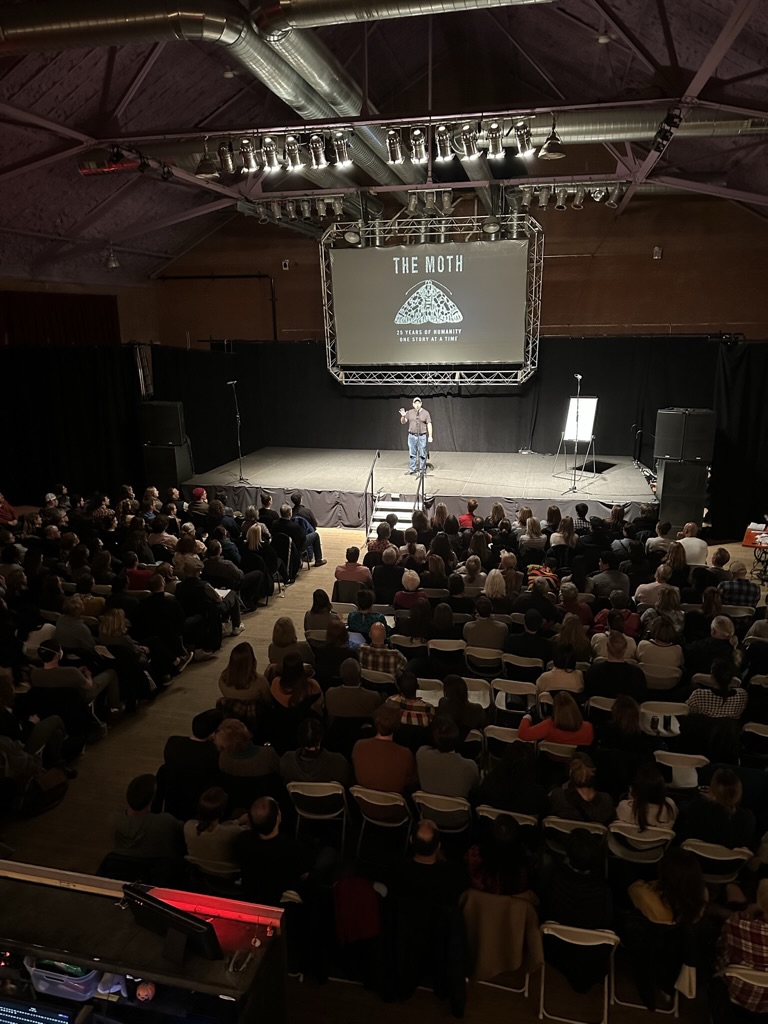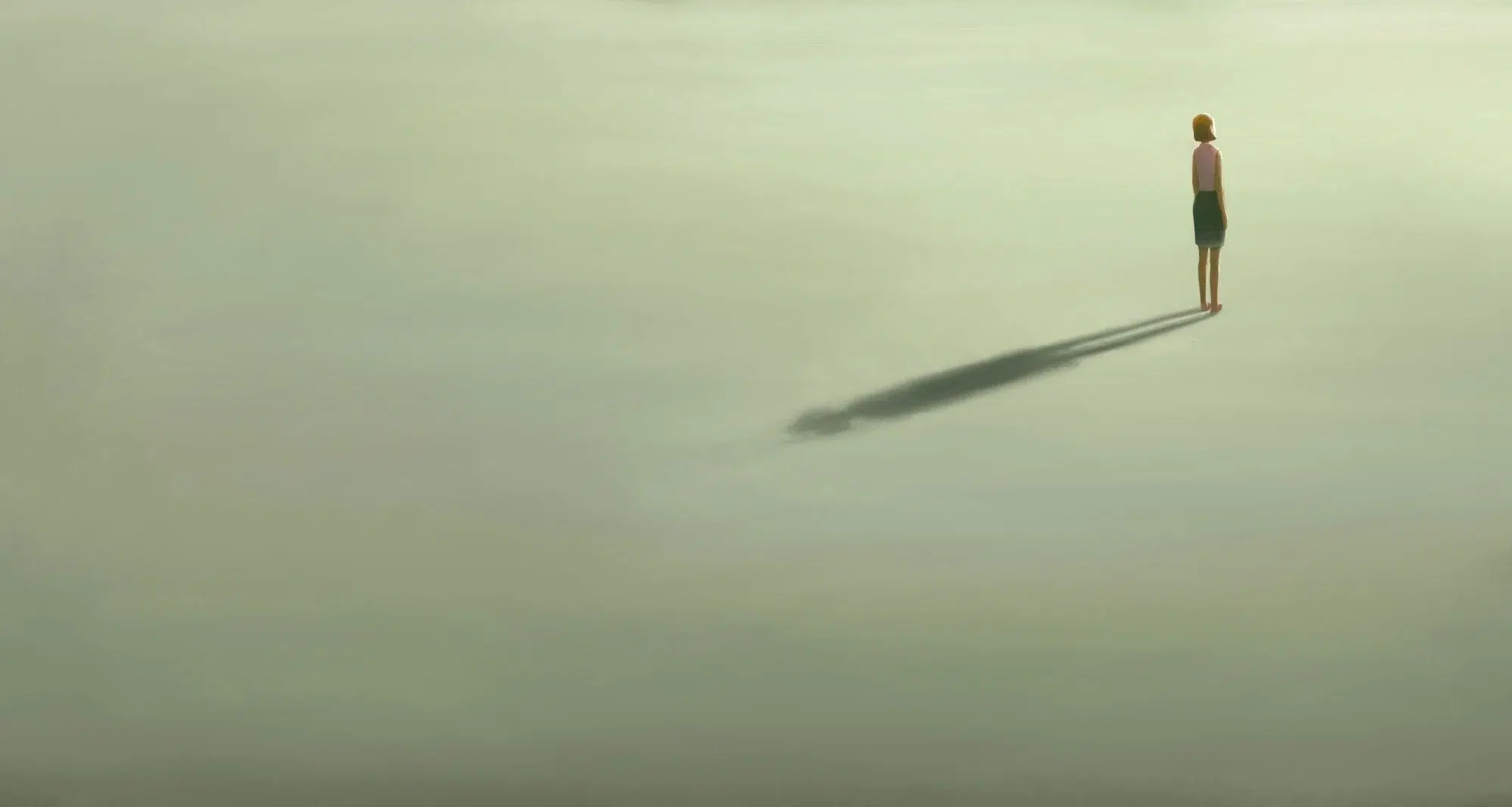I read a post on Roberta Trahan’s Idyll Conversation blog the other day that began with this:
How many of you have noticed, in recent years, the near extinction of such social courtesies as the hand-written thank-you note and willingly waiting your turn in line? How many of you are bothered by it? Well, it bothers me plenty. A couple of weeks ago, while waiting in the checkout lane at the grocery store, I was appalled when the person in front of me had the nerve to complain that the elderly lady ahead of him was taking the time to put her change in her wallet before moving out of his way. Really? Have we become so self-centered and accustomed to instant response that we have completely lost our sense of basic social pleasantries and caring for the feelings of others? I had to wonder.
Trahan is certainly not the first to express a sentiment like this. I actually hear it quite often.
I think it is nonsense every single time.
While I do not appreciate the lack of civility or the rudeness that exists in this world, I am fairly certain that it has existed in nearly equal measure for a very long time. I suspect that the opening sentence of Trahan’s piece could have just as easily been written by someone in 1902, 1912 or even 1972.
Do we really believe that ours is the first generation to bemoan the erosion of social courtesies?
Do we really believe that rudeness of this kind did not exist one hundred years ago?
After all, we don’t know what civility looked like in 1912. We were not there to see it, and the amount of writing that exists from the era is scant in comparison to today.
Consider this: If you were standing in line in a grocery store in 1912 and witnessed the same display of rudeness that Trahan describes in her post, what could you do?
Tell a friend or two perhaps? Share it with the members of your social club? Tell the story at a family gathering?
Perhaps.
But how might you preserve this story so that I could read it today or even spread the story beyond your tiny social circle? There was no Facebook, Twitter, or blog to record the moment for posterity. Unless you wrote a diary and decided to include a description of the incident within its pages and then somehow manage to ensure the preservation of that diary for a century, how would we ever know that the incident ever took place?
I suspect that if we were to return to 1912, we would find the same kinds of rudeness and incivility that we experience today, as well as writers like Trahan bemoaning the “near extinction” social grace.
In fact, I suspect that there is more civility in the world today than ever before.
What about the civility and social courtesies experienced by African Americans, immigrants and other minorities? Even if hand-written-thank-you-cards were more prevalent years ago and grocery store lines were more pleasant and polite, do we really believe a society that embraced widespread, institutional racism and rampant homophobia was more civil than today?
How can we even begin to make this comparison?
But even if we were to exclude this kind of civility and discuss only those mentioned in Trahan’s post, do we really believe that our great grandparents went to their graves believing that their world was filled with the same degree of civility as the one that preceded it?
Or is it more likely that every generation, upon experiencing a lifetime of incivility and discourtesy, in concert with the human mind’s tendency to recall the negative more easily than the positive, eventually expresses a sentiment similar to Trahan’s?
Is it possible that we stand in line hundreds of times every month but only recall the one or two instances of rudeness?
Is it possible that as we get older, these one or two incidents begin piling up in our minds, when in reality, they represent a tiny fraction of the time actually spent standing in line?
Then we eventually reach an age in which this pile of memories is so large that we begin to bemoan the loss of civility in the world, when in reality, we experience civility and social courtesy every day. The vast majority of the lines in which we stand are perfectly civil. The vast majority of drivers on the road are courteous and polite. The vast majority of people thank us for our gifts.
We simply do not remember those moments, because they are so forgettable. So ordinary. So frequent, and therefore, so unnoticed.
I believe that the instinct to complain that today’s world is not as good as the one that preceded it is almost always short-sighted and flawed. Memory is at best unreliable, and at worst, deceiving.
Before you go shaking your fist at today’s world, remember that the generation before you probably did the same thing, for exactly the same reason.









